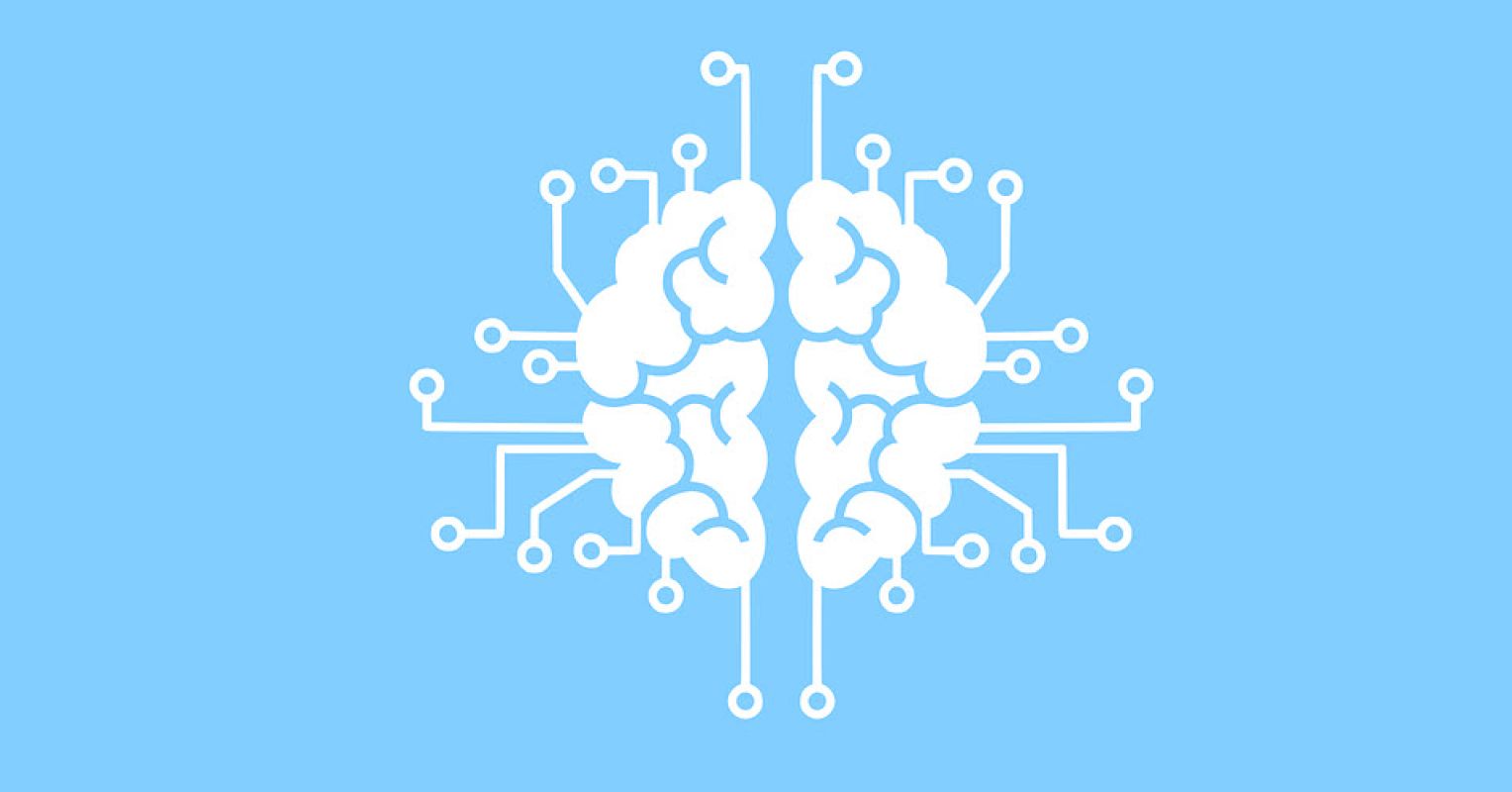The digital brain, a concept that has been gaining momentum in recent years, is transforming the way we perceive artificial intelligence (AI). At the heart of this revolution are neural networks, which are shaping tomorrow’s AI and creating possibilities beyond our wildest imaginations.
Neural networks are computational algorithms designed to mimic the human brain. They consist of interconnected nodes or ‘neurons’ that process information and learn from data inputs. The ability of these systems to learn and adapt makes them an integral part of advanced AI technology.
A key characteristic of neural networks is their capacity for deep learning. This involves training a computer model to recognize patterns by processing vast amounts of data through multiple layers of neurons. Each layer focuses on different aspects, refining its understanding as it moves deeper into the service for generating content with neural network. This approach allows for highly sophisticated pattern recognition which can be applied in various fields such as image recognition, speech recognition, natural language processing and even medical diagnosis.
The impact of this technology is profound and far-reaching. For instance, self-driving cars use neural networks to interpret real-time traffic situations and make decisions accordingly; while virtual assistants like Siri or Alexa rely on them to understand voice commands accurately.
Moreover, with advances in hardware technology like Graphics Processing Units (GPUs) and Tensor Processing Units (TPUs), training large-scale neural networks has become faster and more efficient than ever before. These advancements have made it possible for researchers to build larger models capable of tackling complex tasks with unprecedented accuracy.
However, despite these promising developments, there are still challenges that need addressing. One major concern is how opaque these systems can be – often referred to as ‘black box’ problem where it’s difficult to understand why a particular decision was made by the AI system based on its learned patterns. Addressing this issue will require new techniques for interpreting machine learning models without compromising their performance.
Furthermore, ethical considerations about using AI also arise when considering potential misuse or biases embedded within the data used to train these systems. As such, it is vital that the development and application of neural networks are guided by robust ethical frameworks.
The digital brain concept, powered by neural networks, is rapidly transforming our world. It’s an exciting time as we witness a new era in computing where machines can learn and adapt in ways similar to the human brain. As we continue to push boundaries in AI research, there’s no doubt that neural networks will play a pivotal role in shaping tomorrow’s AI landscape. The promise they hold for future advancements is immense, but so too are the challenges they present – making this one of the most fascinating fields of study today.




